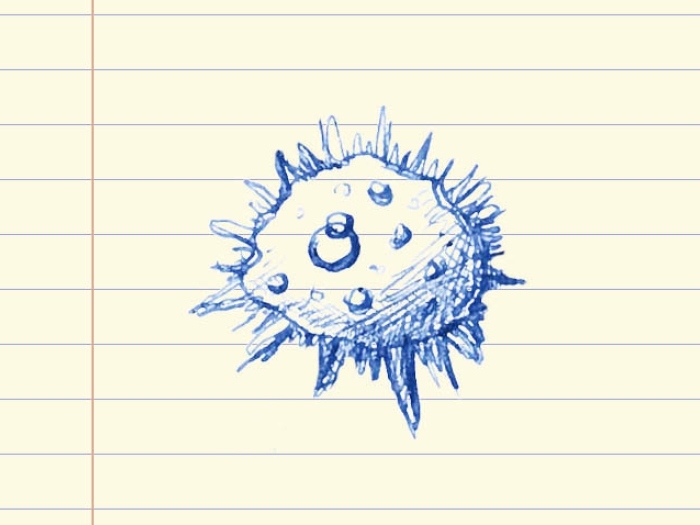While heat shock protein 90 inhibitors have shown limited benefit in directly treating cancer, low doses may improve the efficacy of radiotherapy, a new study finds.
9:30 AM
Author |

The molecular chaperone protein known as heat shock protein 90 (Hsp90) helps stabilize a number of proteins that are involved in tumor growth. This is why inhibitors that act on the protein have been investigated as potential anti-cancer drugs.
So far, however, the inhibitors developed by various academic groups and pharmaceutical companies have met with limited success due to their high toxicity to normal cells.
Now, a new animal model study from the University of Michigan Rogel Cancer Center suggests Hsp90 inhibitors could help treat cancer in an indirect way. A low dose of a Hsp90 inhibitor known as AT13387 (onalespib) was able to sensitize tumors to radiation therapy, according to findings published in Clinical Cancer Research.
"To the best of our knowledge, our study is the first to demonstrate that a sub-cytotoxic concentration of an Hsp90 inhibitor can inhibit the DNA repair process and thus selectively sensitize tumors to radiotherapy," says study senior author Mukesh Nyati, Ph.D., an associate professor of radiation oncology at Michigan Medicine.
The approach led to significant reduction in tumor growth in mouse xenograft models of head and neck squamous cell carcinoma and pancreatic cancer.
The Hsp90 inhibitor compound used in the study was provided by the Cancer Therapy Evaluation Program at the National Institutes of Health.
Paper cited: "Low dose Hsp90 inhibitor selectively radiosensitizes HNSCC and Pancreatic xenografts," Clinical Cancer Research. DOI: 10.1158/1078-0432.CCR-19-3102

Explore a variety of healthcare news & stories by visiting the Health Lab home page for more articles.

Department of Communication at Michigan Medicine
Want top health & research news weekly? Sign up for Health Lab’s newsletters today!





